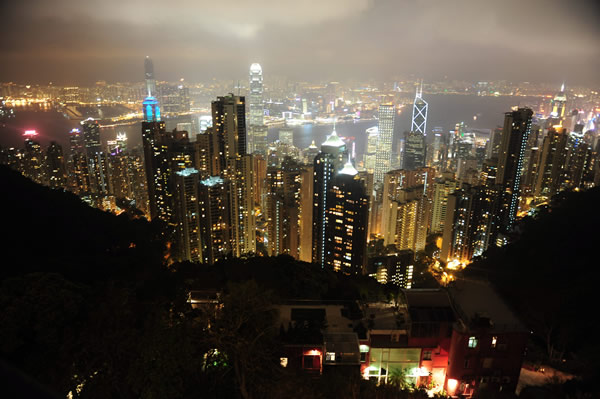The State of Economic Freedom in Asia
Olivia Enos /
Asia is home to some of the economically freest and least free nations in the world, according to the recently released Index of Economic Freedom.
The Index, published yearly by The Heritage Foundation and The Wall Street Journal, surveys 186 countries and gives each country a score based on 10 different indicators of economic freedom—such as property rights, corruption, ease of doing business, and trade freedom—to calculate the state of freedom in each country.
Asia continues to dominate in economic freedom. Hong Kong tops the list, with Singapore coming in second, Australia in third, and New Zealand in fifth place. The United States is no longer one of the top 10 freest economies of the world.
Heritage’s Terry Miller and Anthony Kim write:
There are clear relationships between economic freedom and numerous positive economic and social indicators, the most prominent being the strong relationship between the level of economic freedom and the level of prosperity in a given country.
The Index’s rankings tell a larger narrative about economic disparity in the region: economic success stories in places such as Hong Kong (which has topped the Index for the past 20 years); economic improvement in countries such as Burma, the Philippines, and Indonesia; and the economic and political failures of countries such as North Korea.
Burma experienced significant improvements in economic freedom between the 2013 and 2014 indices—but from a very low base. It jumped 10 world rankings and increased its score by 7.3 points. Burma’s score increased more than any other country in the Index and is now considered the 162nd most free nation in the world. While Burma has a very long way to go in political reforms, its notable increases in economic freedom can be attributed to significant government reforms implemented in 2011–2012.
Similarly, the Index identified other Southeast Asian nations that are making improvement to the state of economic freedom in their countries. These include the Philippines (which has improved its score enough to transition from “mostly unfree” to “moderately free”) and Indonesia, which has similarly seen increases in economic freedom due to positive leadership trends in the country.
North Korea, ranked as the most oppressive country in the world, saw a further decrease in its score in the 2014 Index. This is likely due to the noticeable increase in corruption under the leadership of Kim Jong-Un.
While Asia has some of the worst economic freedom offenders, it is also home to some of the greatest purveyors of human flourishing. The U.S. should encourage economic growth in the region through consistent economic engagement in the region on behalf of economic freedom.

